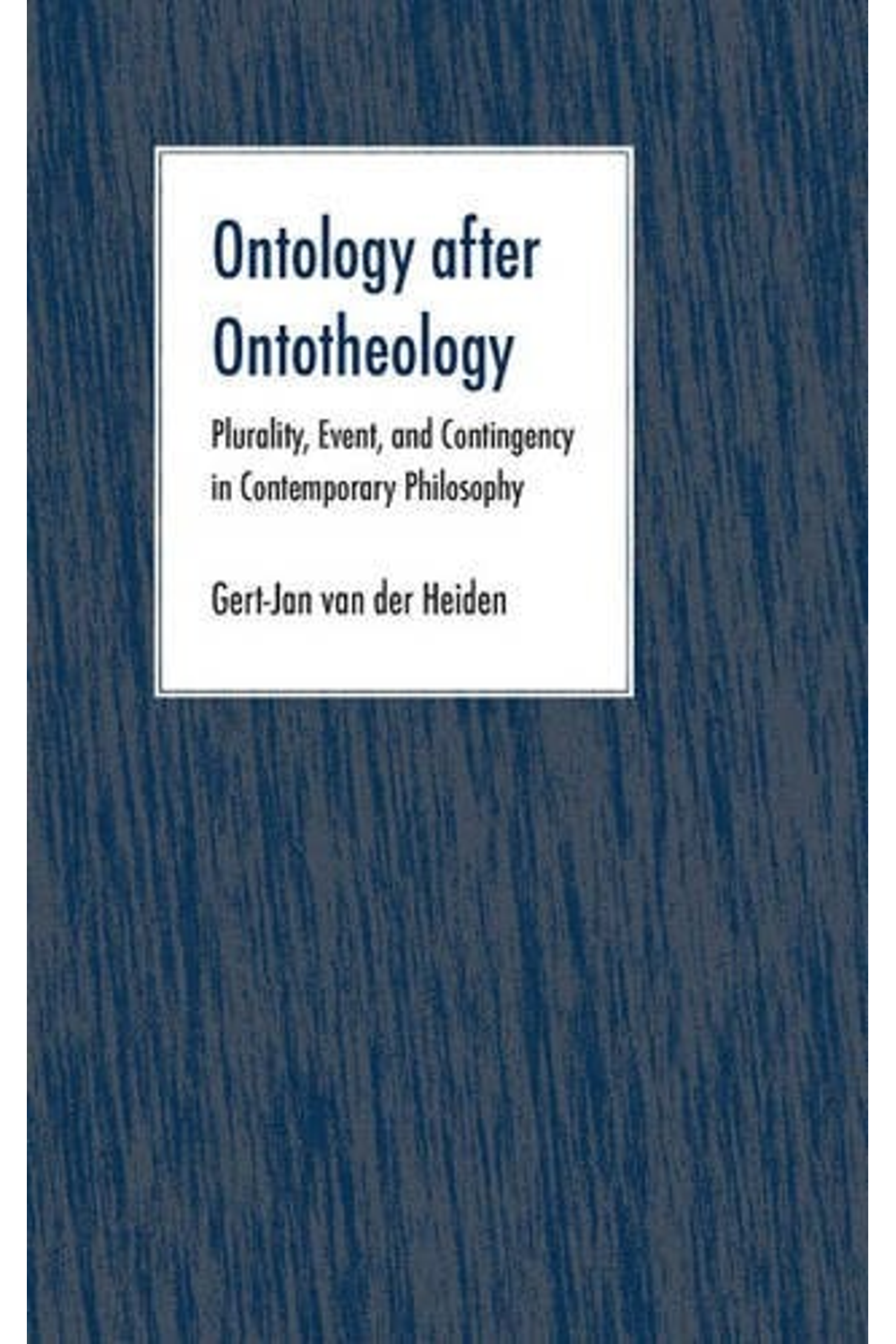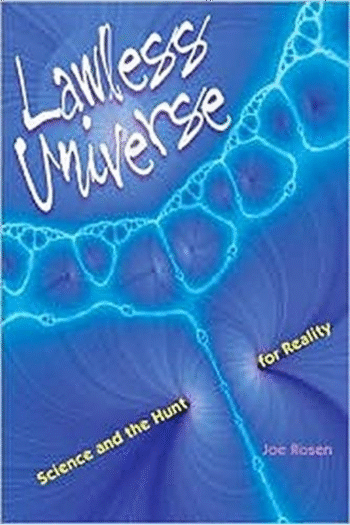Explore the evolution of ontology with Gert-Jan van der Heiden’s “Ontology after Ontotheology,” a compelling study of contemporary philosophy’s quest to redefine being in a post-theological world. This Duquesne University Press paperback (2014) examines the works of influential thinkers like Badiou, Nancy, and Agamben as they grapple with concepts of plurality, event, and contingency, seeking an “absolute” without religious foundations. Van der Heiden dissects the legacy of Heidegger’s critique of “ontotheology,” analyzing how these philosophers construct new frameworks for understanding existence in a world marked by radical uncertainty. Ideal for advanced students seeking to understand cutting-edge continental thought and the future of metaphysics, this book offers a challenging but rewarding exploration of meaning and being. 351 pages.
Ontology after Ontotheology: Plurality, Event, and Contingency in Contemporary Philosophy
37,57 $
In stock
Description
“Van der Heiden works largely with present-day thinkers such as Badiou, Nancy, Romano, Meillassoux, and Agamben, and examines contemporary thought as it seeks to recover a sense of the absolute, but without recourse to specifically theological underpinnings”–
Delve into the depths of contemporary philosophical thought with Gert-Jan van der Heiden's *Ontology after Ontotheology: Plurality, Event, and Contingency in Contemporary Philosophy*. Published by Duquesne University Press in 2014, this thought-provoking paperback navigates the complex landscape of post-metaphysical inquiry, offering a compelling analysis of how contemporary thinkers grapple with the concept of the absolute in a secular age. Van der Heiden masterfully engages with the works of prominent contemporary philosophers, including Alain Badiou, Jean-Luc Nancy, Claude Romano, Quentin Meillassoux, and Giorgio Agamben. He meticulously examines their attempts to reclaim a sense of the absolute, stripping it away from traditional theological foundations and re-grounding it within the realm of immanent experience and philosophical reasoning. *Ontology after Ontotheology* confronts the legacy of Martin Heidegger's influential critique of "ontotheology," the fusion of ontology and theology that, according to Heidegger, has dominated Western metaphysics. Van der Heiden pushes beyond this critique, exploring how contemporary thinkers seek to articulate alternative ontologies that move beyond both traditional theistic frameworks and the nihilistic implications that often accompany their rejection. The book explores the central themes of plurality, event, and contingency as crucial elements in shaping these new ontological perspectives. Van der Heiden expertly guides readers through the nuances of these complex philosophical debates, providing insightful interpretations and critical analyses of the thinkers he engages with. He demonstrates how these philosophers, despite their diverse approaches, share a common concern: to develop ontologies that can account for the radical contingency of existence without succumbing to either dogmatic assertions of absolute truth or a complete abandonment of meaning and value. With a sophisticated understanding of philosophical history and a keen eye for contemporary trends, van der Heiden offers a compelling vision of ontology after the "death of God." The book's exploration of plurality highlights the diverse and multifaceted nature of being, moving away from singular, all-encompassing concepts of reality. The emphasis on the "event" underscores the disruptive and transformative power of unforeseen occurrences that challenge established ontological frameworks. Furthermore, the focus on contingency acknowledges the inherent uncertainty and unpredictability of existence, rejecting any attempt to impose a predetermined order or necessity on the world. This book is ideal for advanced students and scholars of philosophy, particularly those interested in contemporary continental thought, metaphysics, ontology, and the philosophy of religion. It offers a valuable contribution to the ongoing debate about the nature of being, the possibility of meaning in a secular age, and the future of philosophical inquiry. *Ontology after Ontotheology* is a challenging, rewarding, and essential read for anyone seeking to understand the cutting edge of contemporary philosophical thought. This 351-page paperback, weighing 490 grams, provides a detailed and comprehensive exploration of a complex philosophical landscape.
Additional information
| Authors | |
|---|---|
| Binding | |
| Condition | |
| ISBN-10 | 0820704725 |
| ISBN-13 | 9780820704722 |
| Language | |
| Pages | 351 |
| Publisher | |
| Year published | |
| Weight | 490 |
| Dewey decimal | 111 |
SKU: M-9780820704722-0
Categories: Contingency (Philosophy), Metaphysics, Ontology
Related products
- Additional information
- Currencies
- USD – United States dollar
- EUR – Euro
- GBP – Pound sterling
- CNY – Chinese yuan
- BRL – Brazilian real
- MXN – Mexican peso
- JPY – Japanese yen
- PHP – Philippine peso
- THB – Thai baht
- PLN – Polish złoty
- CAD – Canadian dollar
- MYR – Malaysian ringgit
- AUD – Australian dollar
- TWD – New Taiwan dollar
- CZK – Czech koruna
- SEK – Swedish krona
- HUF – Hungarian forint
- ILS – Israeli new shekel
- CHF – Swiss franc
- HKD – Hong Kong dollar
- DKK – Danish krone
- SGD – Singapore dollar
- NOK – Norwegian krone
- NZD – New Zealand dollar





